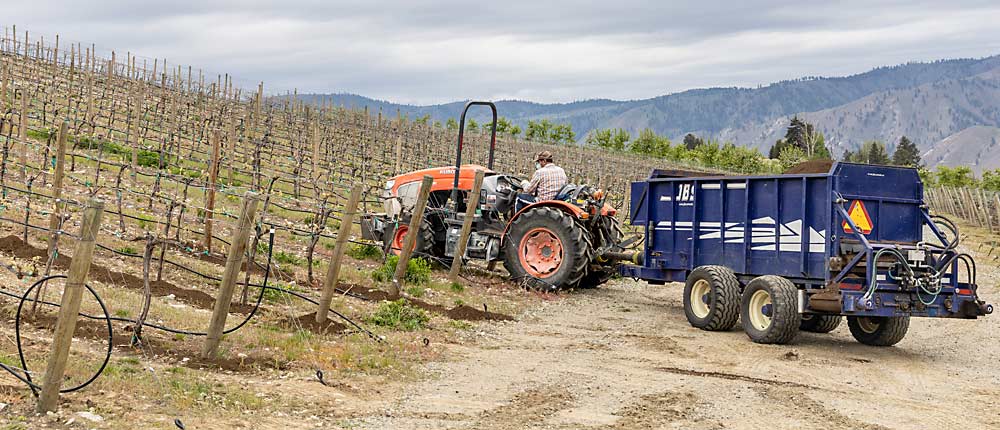
Applying compost to vine rows on a steep Washington hillside overlooking the Columbia River is a tricky and time-consuming job.
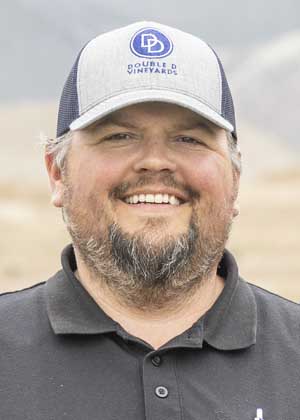
“It’s the best way we can build up our soils to slow-release nutrients,” said Shane Collins, the director of viticulture for Rocky Pond Estate Winery, which has vineyards in Chelan and Orondo. Applying compost annually helps the vineyard cut back on chemical fertilizer — one of many sustainable practices Rocky Pond recently certified under Sustainable WA, the new standard developed by the Washington wine industry.
Collins volunteered to test pilot the program this spring to help work out the kinks before the certification effort rolls out to the wider industry this summer. Rocky Pond already certifies its vineyard practices with LIVE, an Oregon-based sustainability standard, so Collins has experience with audits and how sustainability resonates with customers. But he’s eager to adopt the new standard, developed by Washington wine grape growers, that will promote Washington wine grape growing.
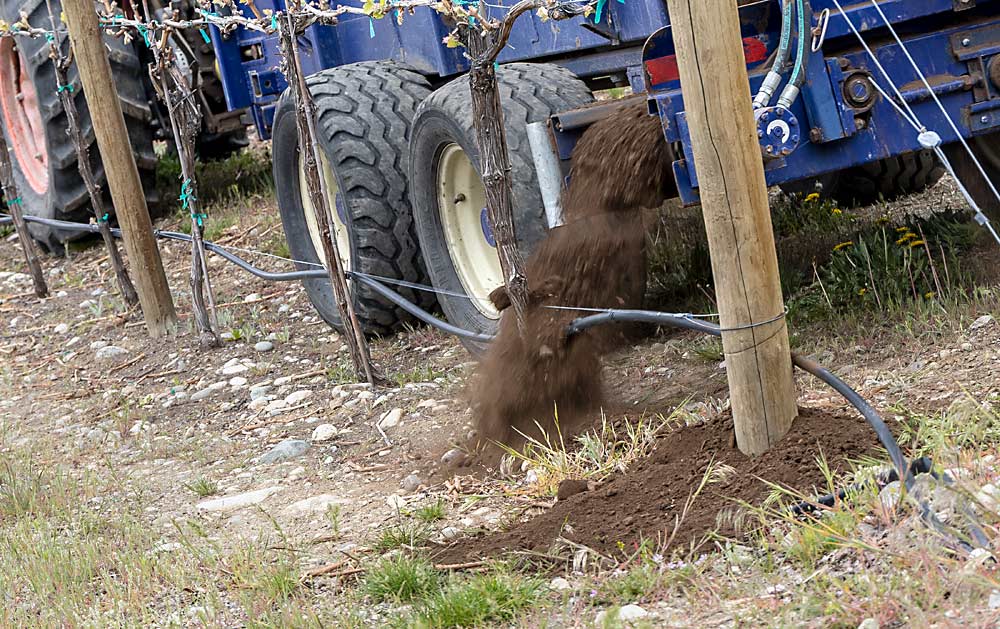
“I want to be thoughtful in our practices, and I just feel like it’s the right thing to do,” Collins said. In fact, the certifications — though they come with a price tag — help the winery benefit from the sustainable farming it was already doing. “For us, we’re an estate winery and we see the benefit already. These certifications, flat out, have helped us sell more wine in certain markets.”
Now, he hopes more growers will sign up, producing more grapes that can end up in wines bearing the label designation “Sustainable WA certified” to build more market awareness and demand that will eventually deliver increased returns to growers for practices “many growers are already doing,” Collins said.
The standard
While existing sustainability certifications in the wine marketplace focus on environmental practices, such as chemical inputs and water usage, Washington’s new standard also looks at social responsibility and economic viability. That means interviews with employees about wages and safety trainings as well as reviewing spray records and chemical sheds.
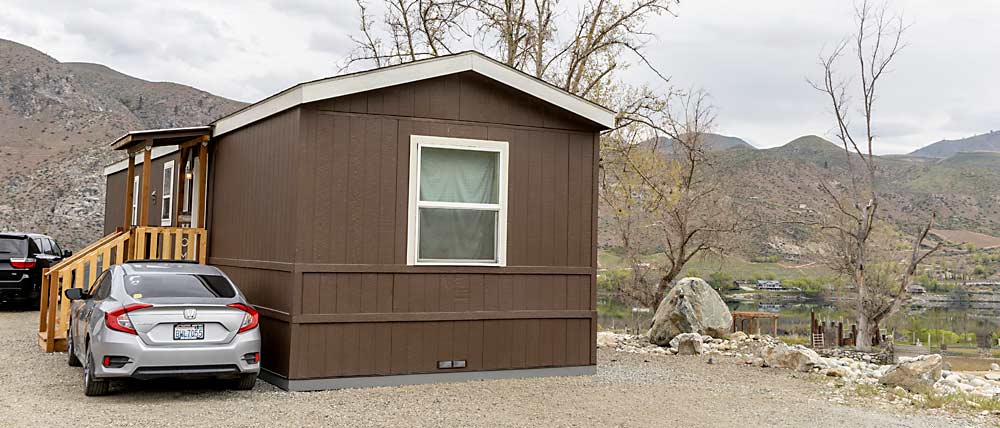
“They are looking at: do you have a budget, do you have a business plan, do you have crop insurance?” said Sadie Drury, general manager of North Slope Management in Walla Walla. “Sustainable WA looks at sustainability from every angle.”
Drury farms for a handful of small wineries, and most of the vineyards are already LIVE certified, but one, Echolands Winery, opted for Sustainable WA for its new 26-acre Taggart Vineyard, which should harvest its first crop this year.
“After my experience going through the pilot, I am looking forward to moving other vineyards, who want to, into Sustainable WA,” she said, adding that she also expects many of the wineries to stick with LIVE as well. That program, developed in the Willamette Valley, resonates well with customers there, as she hopes the Sustainable WA certification soon will in Washington.
As a farmer who works for many wineries, Drury said she’s optimistic that the certification program will be accommodating — scheduling on the same cycle to allow one audit of her employment and viticultural practices, for example, along with tours that focus on the unique aspects of each vineyard. Drury also serves on the new program’s governance council.
“I really hope we keep working to make that program so that it suits everybody’s needs,” she said. “We’re at this really cool stage where we have come up with a model, but it’s going to keep growing and changing to make sure it’s the right thing for the industry.”
An audit’s-eye view
While Drury and Collins both had previous certification experience, for Shaw Vineyards, the Sustainable WA audit this spring was a first.
“To anyone nervous looking at the process, it wasn’t as intimidating as it sounded like,” said Katrina Cantu, chief financial officer for the Benton City-based company. Shaw certified about 700 acres of its premium vineyards on Red Mountain and Candy Mountain.
“We sell to a lot of wineries that were really wanting this,” vineyard manager Marshall Edwards said. “We were doing 99 percent of this stuff anyway, just not getting recognized for it.”
The key to the successful audit, Cantu and Edwards agreed, was documenting everything they do. For a company Shaw’s size, that was already a must.
“If we don’t keep those records, it can be a nightmare,” Cantu said. “But we want to be better, and this is a good exercise to push us into that evaluation process.”
Auditor Canaan Rice, who works for the Ohio-based EAGLE Certification Group, said he sends growers an advance audit plan that has all the major documents he will ask for, to help them prepare.
“It’s rare that anyone is compliant with absolutely everything, incredibly rare,” he said. “Certification standards are all about continual improvement.”
Rice said he tries to put people at ease and remind them that if they are not compliant with something, they have a month to fix it.
For example, the standard requires growers to have accident prevention and emergency response plans. Growers may not have a written policy before the audit, but when Rice asks, they can tell him about the local hospital, insurance, first aid equipment and safety trainings.
“So, I say, ‘Tell me what you would do. Now you have 28 days to write it all down,’” Rice said. “If it’s in somebody’s head and they retire, they take all the information with them.”
He also interviews workers from all aspects of the operation to confirm what managers tell him about wages, trainings and PPE. This focus on worker health and safety “makes me feel excited about auditing to this standard,” Rice said.
Next steps
Applications are now open for growers who want to become part of the program, said Katlyn Slone of Washington Winegrowers Association, which oversees the audits. More audits will be scheduled for July, October and November, she said, with additional slots expected next year as the program builds capacity.
If the packed house for a session introducing the program at the association’s conference in February is any indication, growers are very interested. During that session, another early adopter, Patrick Rawn of Two Mountain Winery in Zillah, said that growing the program will send a powerful message about Washington wine to the wider industry.
Rawn called it a powerful tool for improvement. “Once I got my head around the idea that certifications are a tool to better our operations on a host of fronts, I got really excited,” he said.
The first certified grapes will be harvested this fall. Then, wines made with 75 percent or more certified sustainable grapes can carry the label on the bottle — no winery certification needed.
When Collins told the wineries that buy his grapes about the new certification — and the price increase that’s coming along with it, and all the other rising costs vineyards face — “everyone was on board,” he said.
“For small wineries in Puget Sound, this is a big talking point for them,” he said. A few wineries even sent their people out to tour the vineyard to learn more about Rocky Pond’s sustainability efforts, so they can talk about it in their tasting rooms. “It’s a good way to promote Washington. And we’re all in this because we know Washington wine is special.” •
—by Kate Prengaman

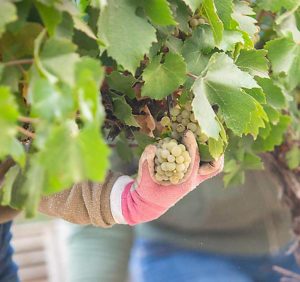

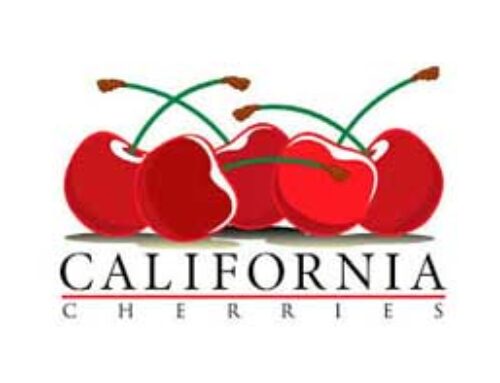
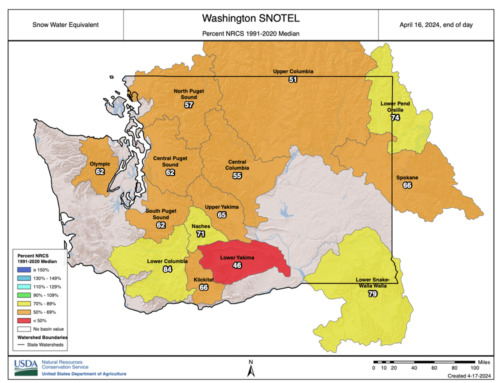
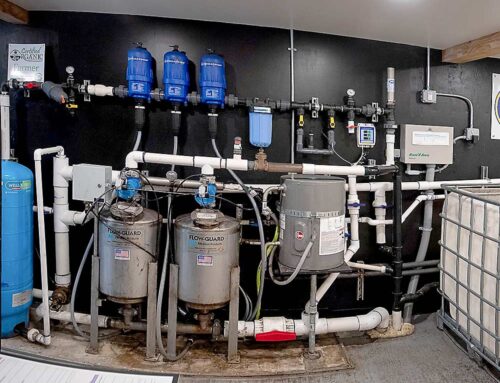
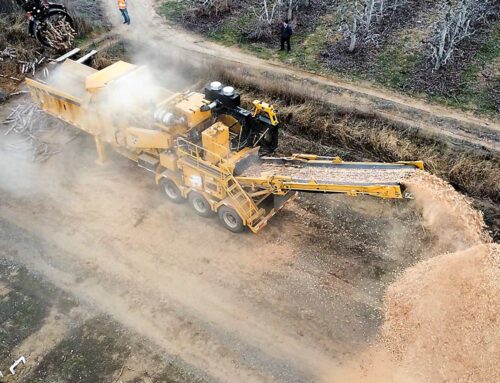
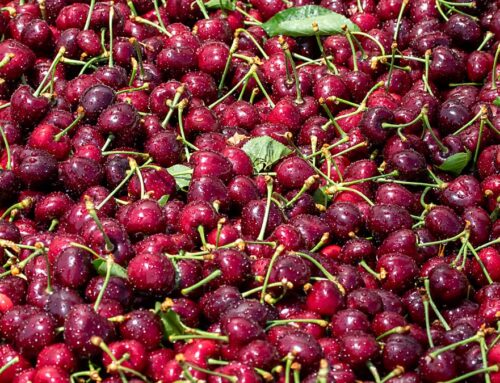
Leave A Comment